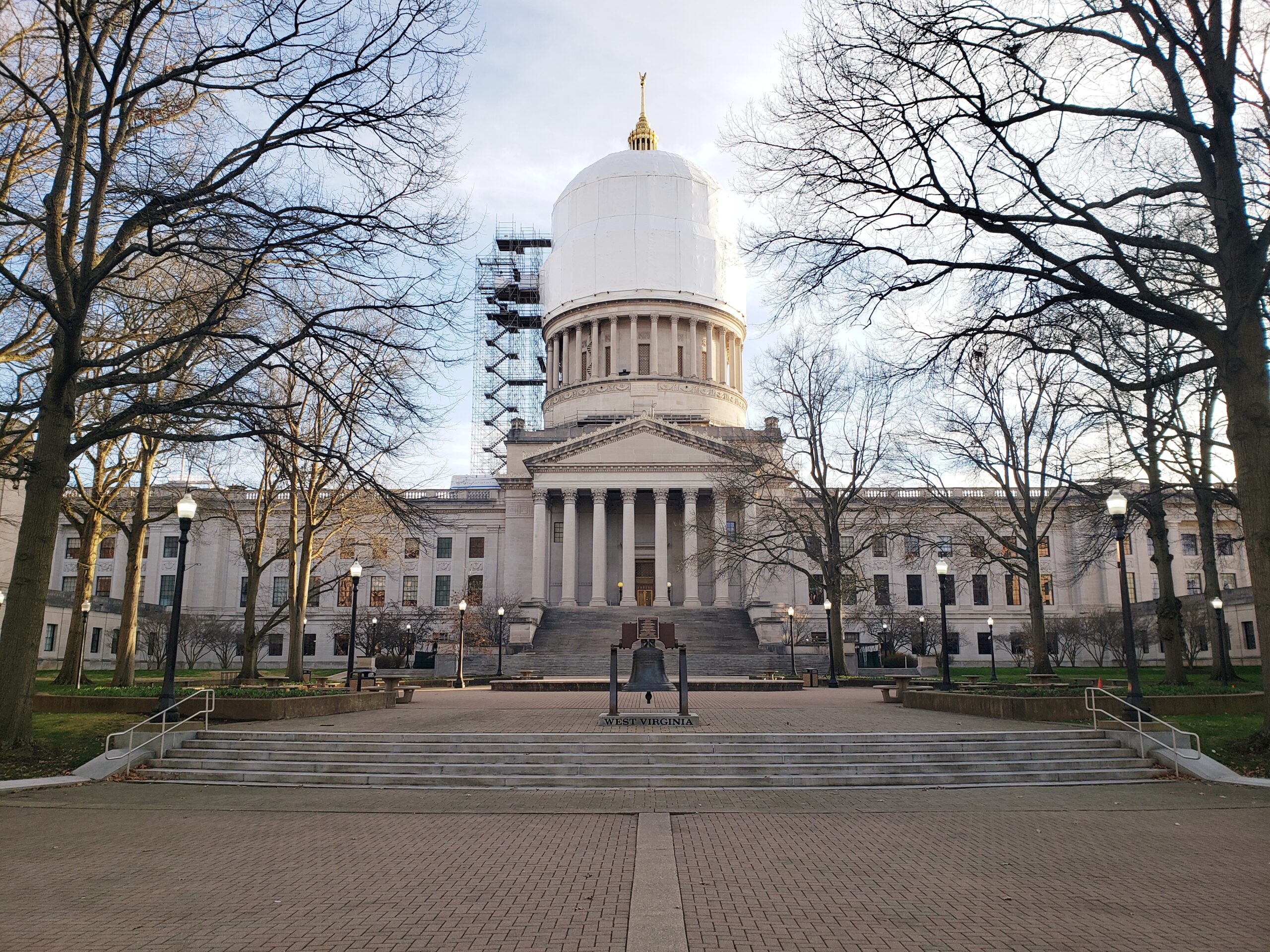Weakened standards generated 700 pages of comments
MORGANTOWN — A proposed and ever-morphing water quality rule that has drawn substantial criticism was pulled from a Wednesday legislative committee agenda. It may have been because it was the last item in a long day’s worth of rules. It may been tied to the 700-plus pages of public comments the proposed rule generated.
At a virtual press conference the day before the meeting, Rule Making Review Committee member Delegate Larry Rowe, D-Kanawha, held up the massive ream of comments on what he and others have nicknamed the Dirty Water Bill. “I think it’s indicative of how important this bill is,” he said.
Asked about the issue on Friday, committee co-chair Sen. Dave Sypolt, R-Preston, said, “It was delayed, but I expect to take that up as-is, to my knowledge. “Of course, in the world of Rule Making and Review, sometime things change and evolve going forward.”
The water quality rule in question deals with waste discharge permits. The Department of Environmental Protection first took it up in 2018. It proposed to update the 60 human health water quality parameters within the rule for such pollutants as aluminum, arsenic, copper, barium and manganese — to conform to the most recent Environmental Protection Agency recommendations.
(EPA actually sets parameters for 94 pollutants but DEP has regulated only 60 of them).
Some of the parameters were more stringent than existing parameters and some were less stringent, based on new data since the previous EPA recommendations made in the 1980s and 1990s.
At the behest of industry, which wanted more time to evaluate the standards and develop more state- and site-specific measures for some of the 60, the Rule Making Review in November 2018 directed DEP to remove the updated standards and keep the old ones.
Then, during the 2019 legislative session, one committee put the EPA/DEP-recommended standards back in, only to have Senate Judiciary take them back out in favor of a compromise delay maneuver. The measure that passed in SB 163 that year directed DEP to propose updates no later than April 1 this year for consideration during the 2021 session.
In 2019, DEP defended, unsuccessfully, adopting the newest parameters. Then it backed off that position. Now, it proposes to set standards for only 24 pollutants – making 13 of them less stringent than current standards – and to put the rest into the hands of a work group that will meet monthly through May 2021 to draw up human health criteria proposals for the Legislature’s 2022 session.
Opponents of the new version of the rule continued to say during the press conference that it could do more harm than good.
“We are competing for industries to come to our state and that also means competing for people to live here and work here” said Linda Frame West Virginia Environmental Council President Linda Frame. More pollution won’t attract people.”
Delegate Evan Hansen, D-Monongalia, is not a committee member but worked on the compromise that led to SB 163. “Clean drinking water should be based on the best available science and data,” he said. “This rule change is unacceptable” and violates the 2019 compromise.
Proponents of the current version, he said, have presented no evidence that strengthened standards would impact jobs. “We need our DEP to stand strong and make the best use of the best available science and data and do their job to protect pubic health.”
Committte member Sen, Stephen Baldwin, D-Greenbrier, is a pastor in his day job. “To me it’s a stewardship issue; this is about stewardship of the creation,” he said. “You care now so you can have those resources for future generations.”
Committee member Delegate Barbara Evans Fleischauer, D-Monongalia, said Friday about those who are pushing for the weaker rule, “It’s just so unbelievable that after all of this back and forth they would come back and try again to lower these.”
Fleischauer and Hansen were among those who noted that of the 13 pollutants subject to weakened standards, nine are carcinogens.
When Hansen requested specific information in 2019 on how Dow Chemical’s facilities in West Virginia might be affected by the more stringent version of the rule, it told him in a letter, “There are numerous instances in which the criteria have been set below the minimum level of detection for these chemicals and surpass even the best analytical methods presently available for detection.” Until methods are available, “the regulated community is faced with significant uncertainty in determining whether it meets the criteria.”
Dow did not answer Hansen’s request to specify which pollutants it was referring to.
Rule Making Review is expected to meet again in November; no date has been set.
Tweet David Beard@dbeardtdp Email dbeard@dominionpost.com




